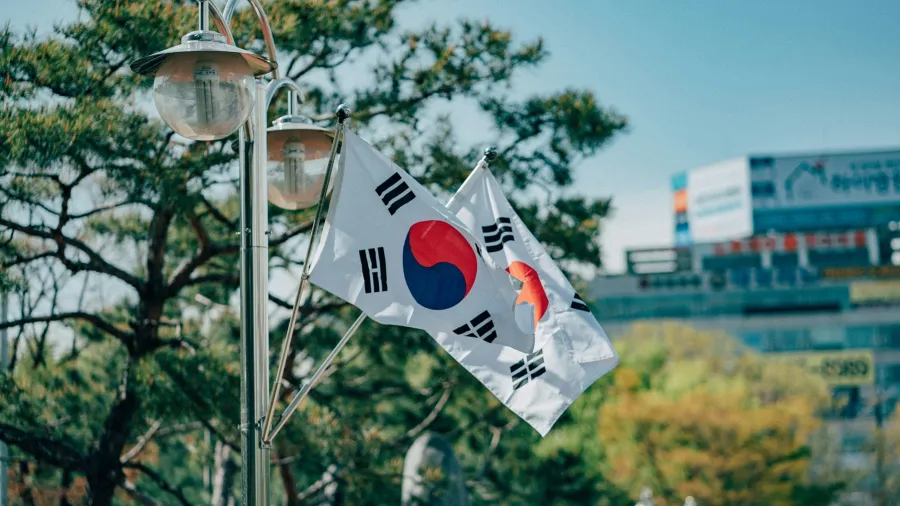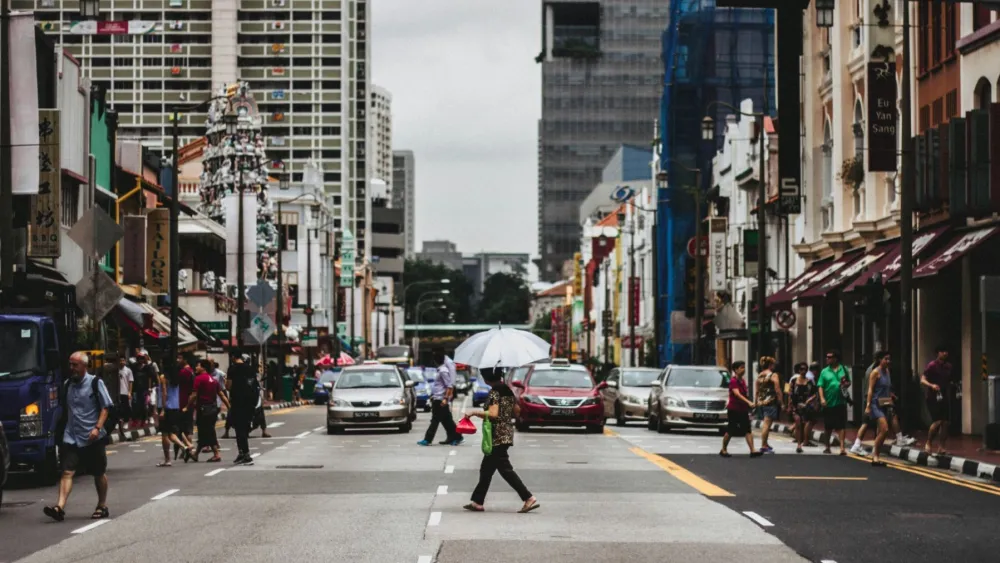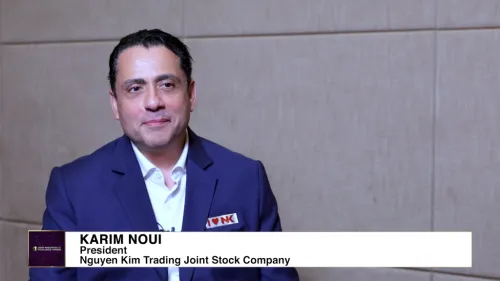
South Korea’s insurers bag $7b in earnings for H1 2024
This was equivalent to a 2.8% YoY rise.
South Korea's insurance companies reported a preliminary net income of $6.93b (KRW9.3663t) for the first half of 2024 (H1 2024), marking a 2.8% year-on-year (YoY) increase compared to the same period last year. This represents a rise of $187.66m (KRW253.6b), data from the Financial Supervisory Service (FSS) showed.
Life insurance companies, however, saw their net income dip by 9.4% YoY, or $276.83m (KRW374.1b), to $2.66b (KRW3.5941t).
Although insurance income improved, investment income suffered due to losses from the valuation of financial assets.
On the other hand, non-life insurance companies experienced a 12.2% YoY jump in net income, up $464.50m (KRW627.7b), driven by higher insurance income from increased sales of insurance plans and reduced liabilities for incurred claims.
Despite this, their investment income also declined compared to the previous year.
The total premium income for the first half of 2024 reached $85.63b (KRW115.6918t), a 3.9% YoY increase from the same period in 2023.
Premium income for life insurance companies grew by 3.5% YoY to $40.31b (KRW54.4738t). This growth was supported by a 13.2% rise in protection-type insurance plans and a modest 0.7% increase in savings-type plans. However, retirement pension plans fell by 16.2%, and variable life insurance also declined by 2.2%.
For non-life insurance companies, premium income increased by 4.3% YoY, reaching $45.30b (KRW61.2180t). Notable gains were seen in long-term insurance, which grew by 5.2%, and general insurance, which jumped by 8.7%. Retirement pensions also saw a 3.9% increase. Conversely, auto insurance premiums decreased by 1.2% during the period.
As of June, the combined assets of South Korea’s insurance companies stood at $918.19b (KRW1,240.8t), reflecting a 1.3% YoY increase since December 2023. Total liabilities also grew by 3.0% YoY to $806.30b (KRW1,089.6t). However, shareholders’ equity declined by 9.2% YoY to $111.89b (KRW151.2t).
Given the ongoing concerns over potential losses from real estate project financing and overseas commercial property investments, as well as increasing global financial market uncertainties, the Financial Supervisory Service (FSS) plans to closely monitor the financial stability of domestic insurance companies and conduct thorough off-site monitoring of key risk factors.
($1.00 = KRW1,342.63)


















 Advertise
Advertise







